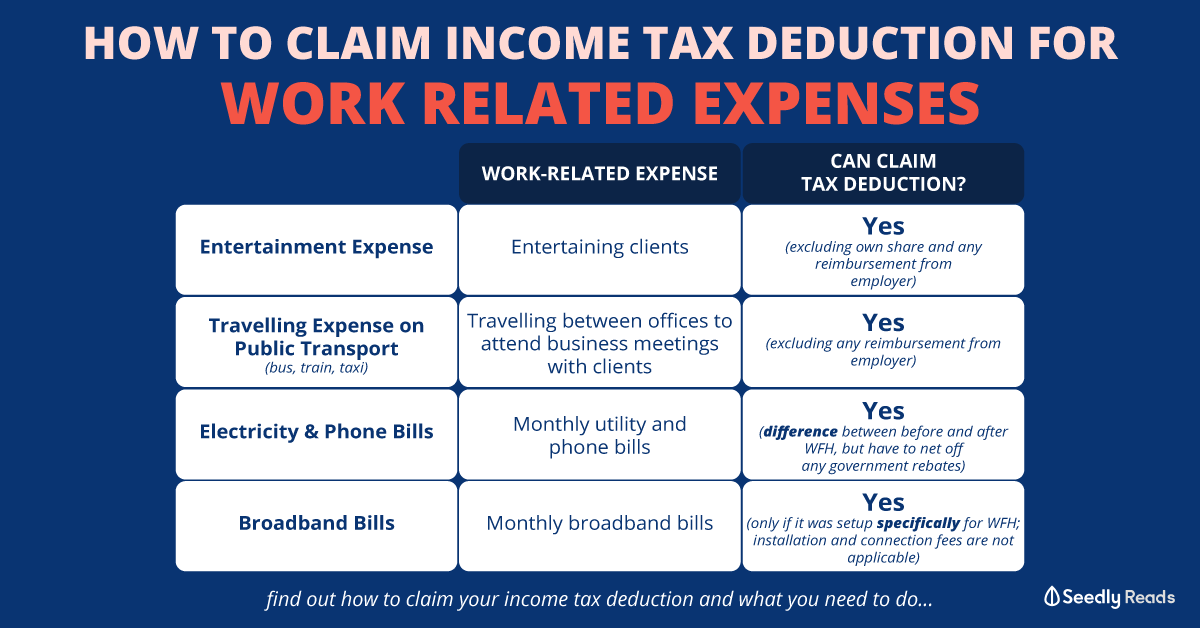Advertisement
Anonymous
I do freelance work which does not pay me CPF. Instead of filing individual taxes, I am thinking if I should incorporate a company and claim business taxes on it? I am not sure how it works but lmk!!
For example, I'd incorporate a company and have clients bill to my company instead. I'll claim all business and living expenses under it. Is it smart to do this?
2
Discussion (2)
What are your thoughts?
Learn how to style your text
Reply
Save
- Your freelance do until very big? Your customers require you to be Acra registred? If no 🤫. Many freelancers also never report... no record difficult to trace.
- If registered under Pte ltd the accounting very complicated, unless you are an accountant, else need to pay $$$ ask ppl do. Not all expenses can be claim.
- If register under sole proprietor, still individual income tax.
Reply
Save
Write your thoughts
Related Articles
Related Posts
Related Posts
Advertisement








It's always a good idea to incorporate a Pte Ltd as a freelancer. The major benefit is liability protection. If clients or other business entities make claims against you, a Pte Ltd limits your liability to the amount of capital you've invested in your company (say, $100). On the other hand, you have unlimited personal liability if you operate under your personal name, or if you incorporate a sole proprietorship. This means your savings, your house, car, etc. are all open to legal claims. For instance, disgruntled clients who sue you can lay claims on your possessions.
You cannot claim your living expenses under the company. This is against IRAS regulations. You can only claim relevant business expenses. Have a separate bank account for your business, and clearly separate personal expenses from business expenses. This is important for liability protection and regulatory compliance purposes. If you mix personal expenses and business expenses, limited liability protections for your Pte Ltd can be disregarded by the Courts in the event you get into legal troubles.
As for taxes, newly incorporated companies can claim tax relief up to the first $200,000 in taxable profit, for 3 years. That's pretty attractive, especially for solopreneurs or smaller SMEs. Do some quick calculations comparing your tax burden under corporate tax rates (17%, plus your taxable income will be reduced by allowable business expenses), versus personal income tax rates.
Here's some helpful guides to get you started: